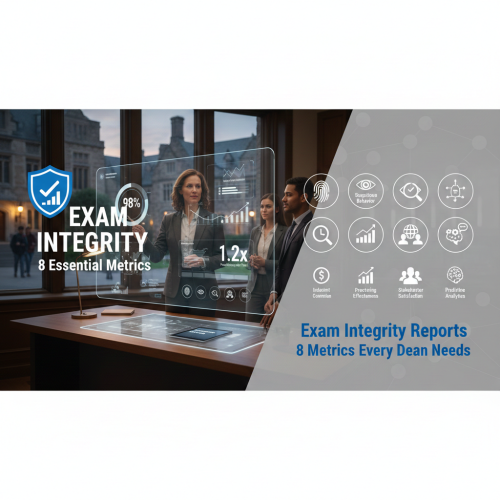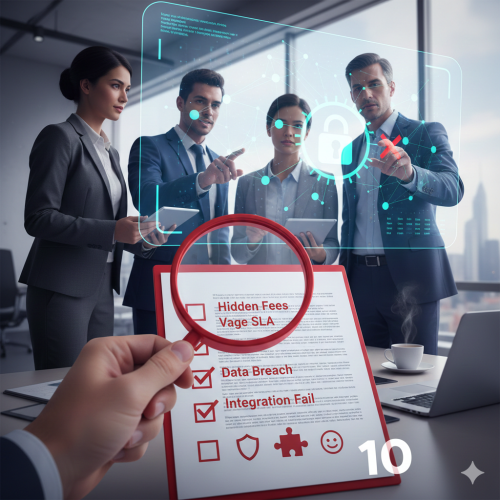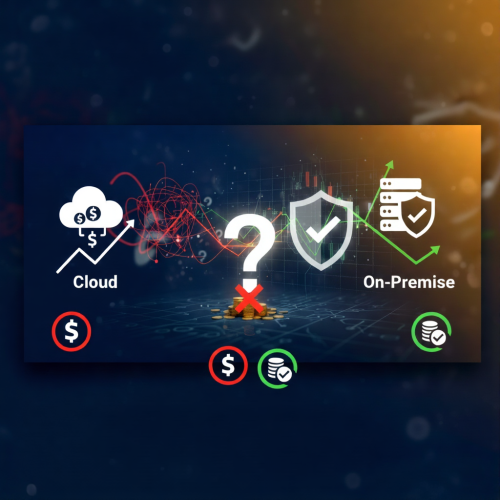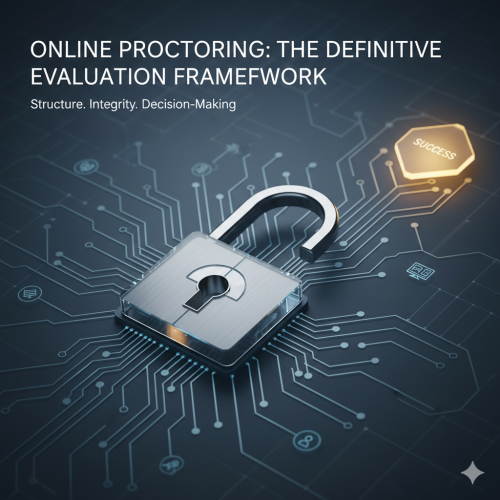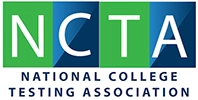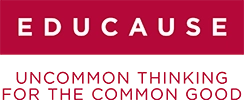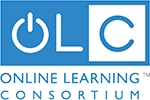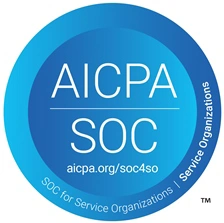With COVID-19 shaping education so drastically in a short period of time, it can be tough to decide which routes are best when it comes to ensuring academic honesty during assessments. There are holistic anecdotal analyses of remote proctoring pros and cons that can provide some helpful insight, but there is no one right way to go about it. Even though no style of testing will ever be approved by 100 percent of those impacted, self-proctoring can have great benefits for both students and universities.
In April, only a month after COVID changed education as we know it, an Educause poll indicated that a whopping 77% of institutions were using, considering, or planning to use online or remote proctoring services. As COVID’s effect on in-person school is likely to take many different twists and turns over the next year, academic professionals and students alike raise questions as to how remote proctoring can be improved in all respects.
Along with keeping students on a level playing field, it is “imperative to establish a culture and expectation in higher education around the purpose of testing and assessment that incorporates the impact of academic dishonesty,” according to a research study in the Journal of the National College Testing Association.
Self-proctoring strengthens students’ personal accountability, academic integrity and independence. Remote testing has also allowed students to take tests from virtually anywhere there is internet, at their convenience. In-person proctoring is an expensive and time-consuming thing of the past.
Proctor360’s unique proctoring approach can help professors and universities promote equity through academic honesty, as well as satisfy the ever-changing needs of students. Even high-stakes tests and assessments such as state bar exams, higher education entrance exams, and professional vocation exams no longer need to be administered in person like before.
However, the remote testing and proctoring industry needs to keep developing and improving. This field must continue to provide high security options that can prevent cheating and content theft, as well as enhance the student testing experience. Recently, Proctor360’s patent-pending visual solution has debuted in the educational space, allowing cameras to monitor every inch of a remote testing environment.
But, having strangers stare at you through a screen can no doubt cause extra anxiety to already stressful testing situations. Luckily, Proctor360’s got you covered with its new platform, Institutional Proctoring. It lets universities use Proctor360’s software while proctoring their own students. Universities and professors can get all the resources to be their own remote proctoring company, customize their testing needs to maintain university standards, and keep test-taker data secure within the organization so there is limited access to authorized personnel. Additionally, integrations with Learning Management Systems and softwares like RegisterBlast — which are coming very soon — allow for the proctoring process to be even easier for students and administrators.
Proctor360’s technology captures the students’ web cameras and screen share views when testing, and allows proctors to view multiple testing setups at once. All this is easy as 1 (train your proctors), 2 (certify them), 3 (start proctoring)! What are you waiting for? Request a free demo now!

